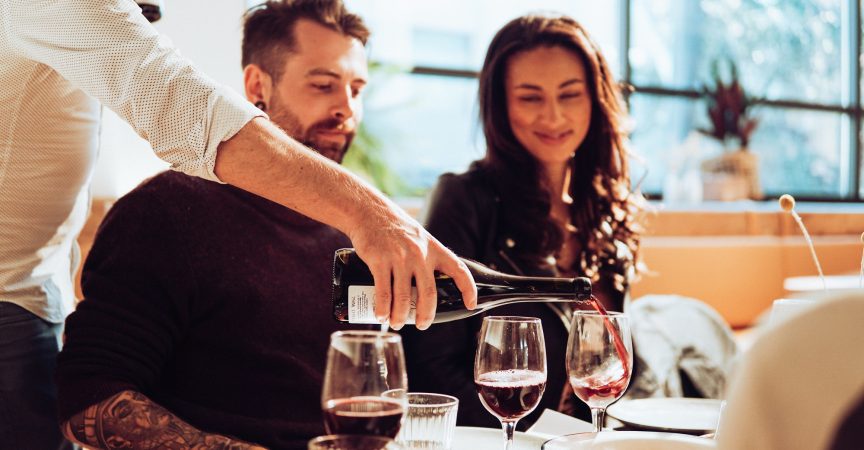The Future of Canadian Wine with Industry Leaders: Jennifer Huether, Bruce Wallner, and Christopher Sealy
There is a shift happening in wine. As a wine producing region, Canada is very young. Ten years ago, most people were not focused on drinking Canadian wine. Now, Canadian producers are being recognized for their quality. A renewed interest in going local, has people on all sides of the market wanting a better product for themselves and for the planet. This has led the average consumer to look closer to home, and they are willing to invest a little more in a product they see as being beneficial to the global environment.
The changes that the wine industry is seeing will be at the forefront this year at RC Show 2020. This year’s theme is ‘Diversify & Thrive’ which will explore how businesses and brands can diversify to succeed in the changing foodservice landscape. Specific to the wine industry, this means understanding how to leverage current trends, or how to make menu adjustments in order to meet the demands of today’s consumer
One way to ensure a business is on the cutting edge of the wine industry, is to leverage the skills of a sommelier. This will be exemplified at this year’s RC Show with the Sommelier Skills Competition. Mimicking a service exam where a sommelier will be tasked with service of a variety of beverages, and must field questions in front of a live audience, service competitions are a chance for Sommeliers to gauge their practice and network with peers and industry leaders.
Introducing the Judges and Host:
For the inaugural event, the RC Show will be bringing together experts and leading players in Canada’s wine landscape. Master Sommeliers Jennifer Huether and Bruce Wallner are joined by Alo Food Group wine director, Christopher Sealy in judging the event, hosted by Sommelier Jeff Osborne.
Jennifer Huether
Jennifer Huether achieved the notable title of being Canada’s first female Master Sommelier in 2011. She sits on the board for the most extensive and accurate online resource for wine and spirit education, and devotes countless hours to mentorship, education and proctoring exams.
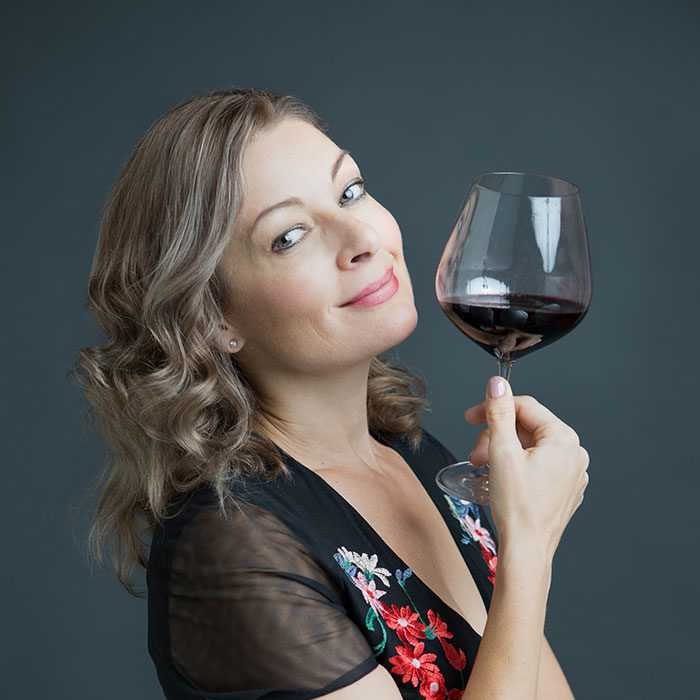
Jennifer now runs the Canadian Sommelier Competition, of which she won the Ontario title in 2006. Leading the charge in the world of vegan wines and vegan food pairings, Jennifer is showing the world there are as many complex flavours in this realm as any other pairing world. She is currently working on a book, The Social Herbivore, due for release in 2020.
Bruce Wallner
Bruce Wallner achieved his Master Sommelier accreditation in 2009. Since then, he has devoted much of his time and efforts to education, first teaching with the Canadian Association of Professions Sommeliers, and The Court of Master Sommeliers, then opening The Sommelier Factory in 2011. Bruce has welcomed service professionals and enthusiasts alike while creating a space that truly encourages exploration and education. Having lived all over the world, Bruce has a worldly, joie de vivre that instantly puts you at ease whether that be educational wine drinking in class, or just for pleasure at Grand Cru Deli, his new restaurant in downtown Toronto.
Christopher Sealy
Christopher Sealy is the Wine Director for the Alo Food Group, overseeing the wine lists at Alo, Bar Alo and Alo Yorkville. His journey is as diverse as the wines he offers.
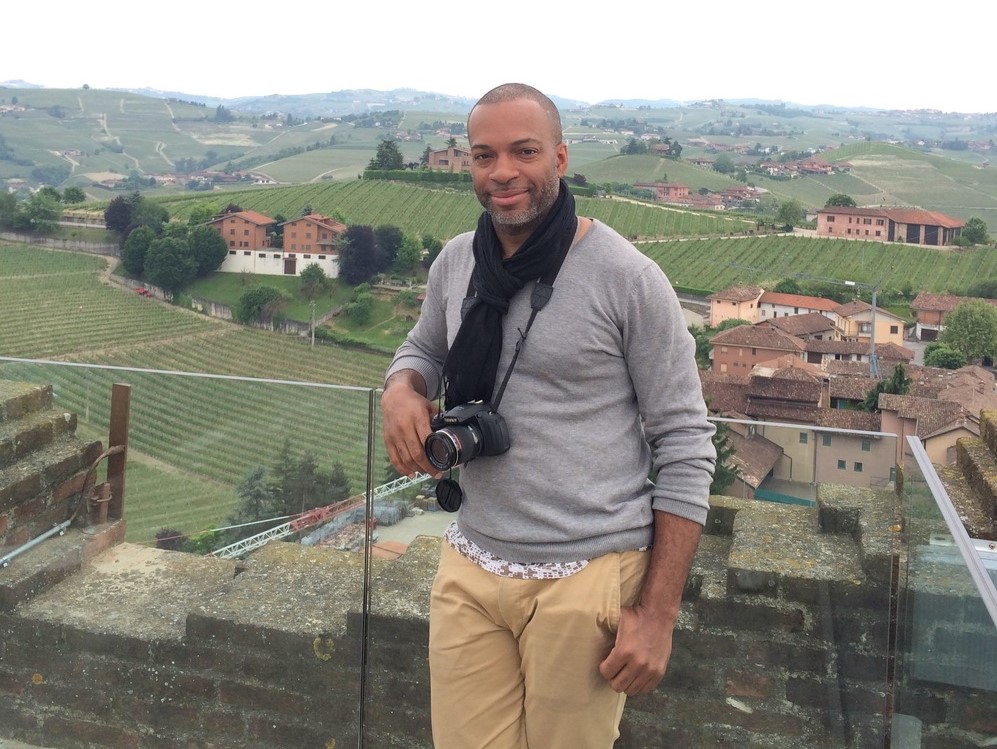
With a background in literature and language studies, Christopher fell into hospitality while DJ’ing and practicing photography in Paris. This eclectic foundation has helped him see many different perspectives of the wine drinker. Christopher knows the world of service competition very well.
Jeff Obsorne
Host and moderator, Jeff Osborne is everywhere in wine. Jeff is the founder of JPO endeavour, a premium beverage services & promotion agency. He can also be found pouring bottles at Langdon Hall Country House and Spa. While being heavily involved in wine import & sales, Jeff also finds time to be a passionate wine writer.
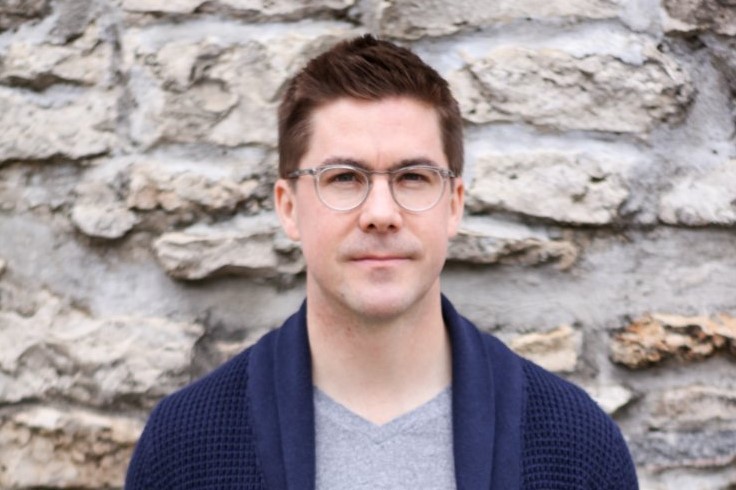
We caught up with these prominent, industry leaders to understand what shifts we’re currently seeing, why the focus is changing and what we can look forward to as the industry evolves.
Where the Flow of Wine is Heading
Speaking with the judges, it is clear that access to water is one of the most important issues in viticulture right now, and will continue to be the dominating factor in the growth or sustainability of any region.
Regions with unmitigated and natural access to fresh water will continue to produce high quality wines.
In California’s Central Valley, each vine requires between 30-40 litres of water a day. In drought years, of which California has seen since 2000, grape production suffers. In 1981, the Chilean government created the Water Code, monetising water, creating a for profit system on a necessary resource.
As Huether points out, “Hot dry climates are becoming less and less attractive to anybody to actually grow grapes, because they aren’t sustainable.” Bruce Wallner adds, “the desert conditions of Columbia Valley and the difficulty in obtaining water rights in Washington State is limiting the growth of that region more than anything else.”
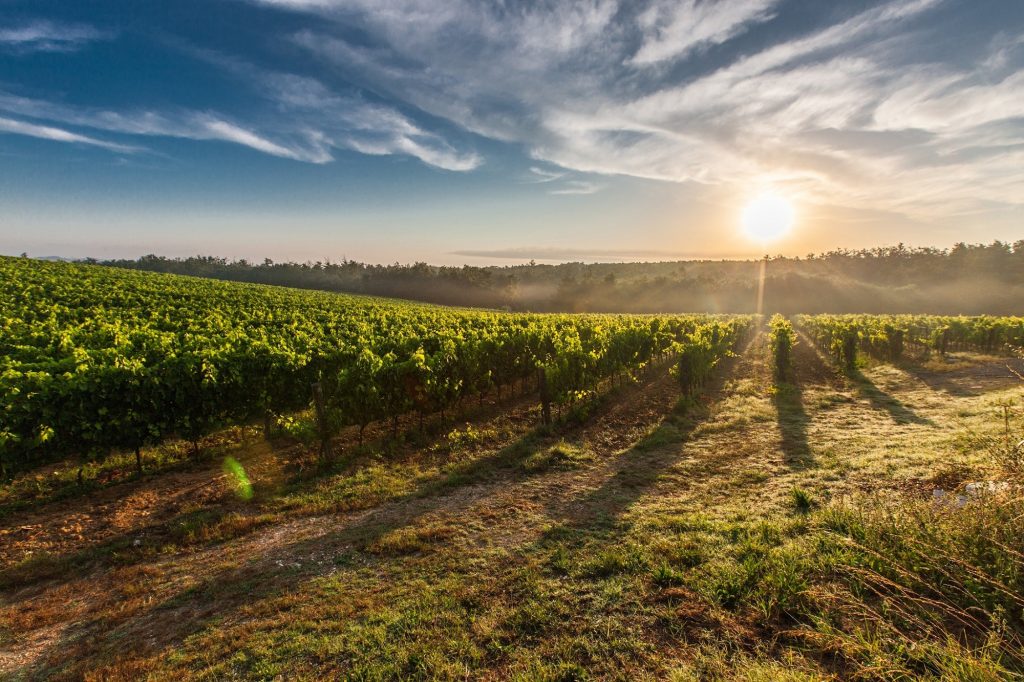
Increased global temperatures have lead to continued drought almost everywhere, lowering yields, over ripening grapes, or creating shorter agricultural seasons. Natural and continued access to water will drive the market to wetter, cooler regions.
Wine requires balance. Too much of any one element creates a disjointed experience in the glass. Increased ripeness in grapes elevates sugars which in turn offers more alcohol, but the acidity decreases so there’s nothing to offset the residual sugars.
While this can be “corrected” in the winery, some regions regulate against this sort of intervention. As a result of climate change, we will continue to see wine production move outward from the equator, to more marginal environments. This will allow that natural balance in wine to be maintained.
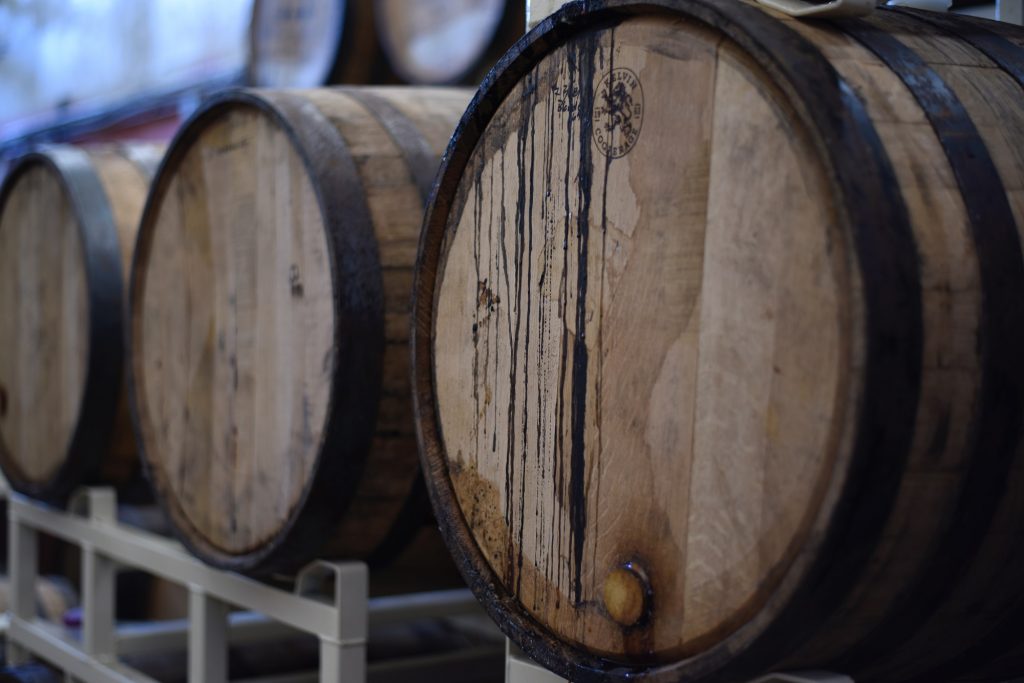
How the Landscape is Changing
People on all sides of the market are hoping for a consistent, reliable product, but they also want it to be sustainable – for the world but also their wallets. Huether makes the point that more and more consumers are deciding with their pocketbooks. “Millennials want to purchase products that are sustainable, organic and over all better for the environment,” she points out.
The effect of the local food movement is far less negativity impactful on the environment than having a global village. For this reason, coupled with its climate and access to fresh water, Canadian wine regions will continue to see a boost in sales. In point of fact, in 2017, Ontario made up almost 15% of wine sales.
How Sommeliers Can Help Business
Relying on the passion and knowledge of a sommelier can bridge the food and beverage menus, creating a complete experience for every guest. The changing nature of the hospitality business demands dedication and expertise from both front and back of house. Focused on creating an experience and an event, a sommelier truly wants your guests to have an adventure, while maintaining your focus.
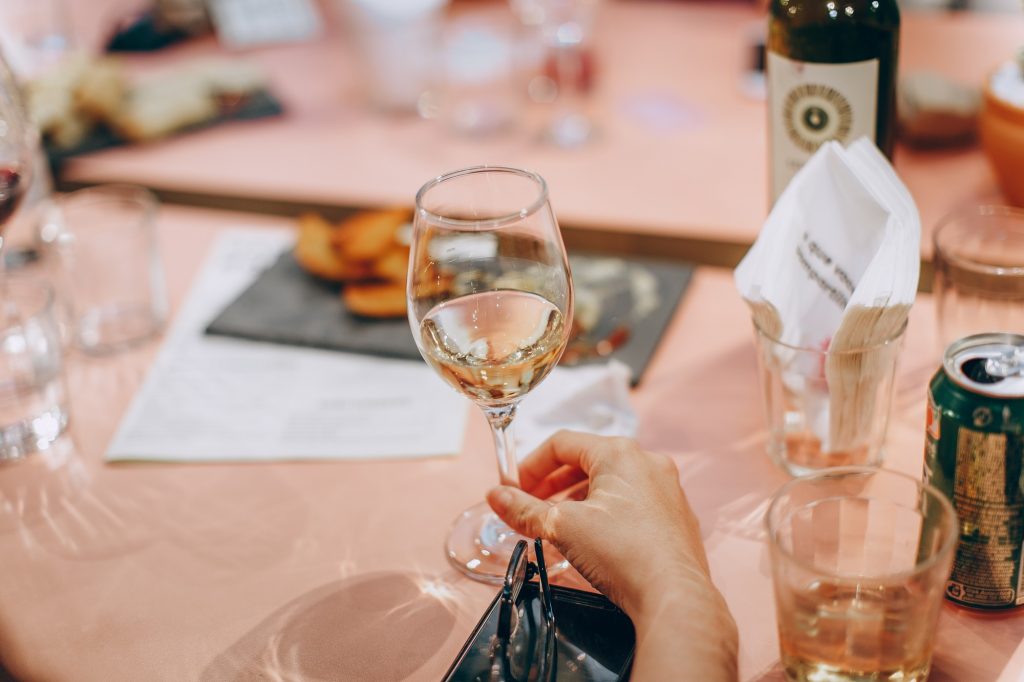
A sommelier can make the most of a ‘by the glass or bottle’ program helping to save valuable floor space and control waste. Proper storage, pouring habits, and product knowledge can all help reduce spillage costs in a restaurant. Whether you include a sommelier in service or not, having a curated beverage list with a theme or story can be very enticing and memorable to consumers.
Finally, the relationship sommeliers develop with wine vendors can offer a sea of wine. Having access to products consumers are unable to access directly offers exclusivity and a sense of privilege.
Looking to flex your somm skills? Applications for the Sommelier Skills Competition are now open, with a qualifying test early in winter 2020. The competition will take place on the first day of RC Show 2020 on March 1. Sommeliers of all levels are encouraged to enter as this is a fun and exciting opportunity to test your skills, network, and learn.



